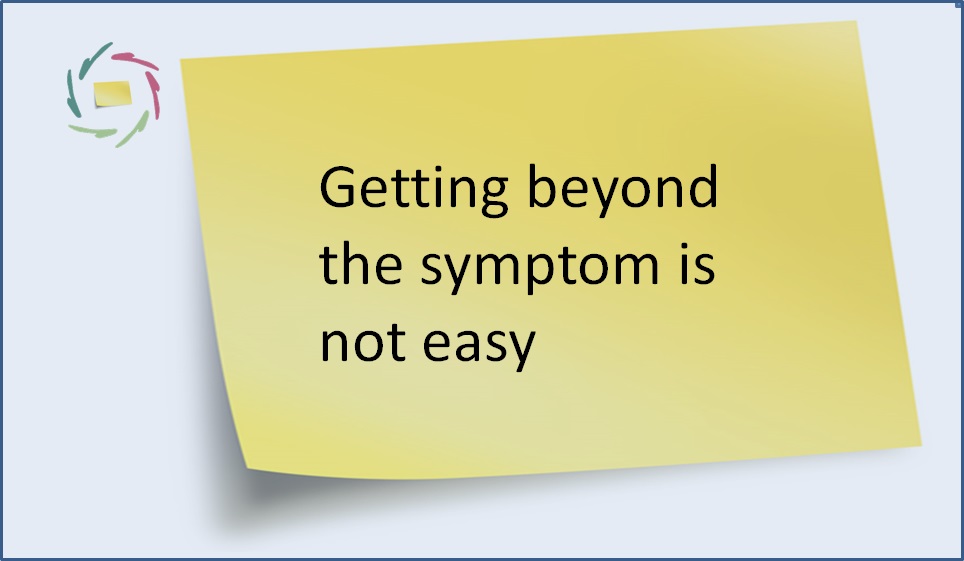Placebo Is Not Good for You

Even if a placebo may appear to help at short term, one should always look further.
For a long list of ‘placebo side effects’, click here.
For an article by me on ResearchGate: [see RG: ”Placebos have many ‘side-effects’“]
Placebo is generally limited to relieving symptoms, as by the way also do most regular medications apart from – broadly speaking – antibiotics and chemotherapeutics.
That leaves to nature the job of curing disease.
OK. So at least, taking a placebo may relieve your symptoms. That seems positive. But is taking a placebo good for you? I seldom encounter this question. My answer is no.
I’m talking about placebo in a strict sense. I’m not talking about empathy, nor open suggestion – also not about an indigenous medicine as a vehicle of prescientific suggestion. definition, placebo in a strict sense involves something beyond truth. A patient is tricked into the placebo response. This should make alarm bells ring. Can an un-truth be good for health, in principle?
I frequently hear: “I don’t care about how it works. As long as it makes me feel better, then of course it’s OK to me.” Well – that makes me skeptical.
I don’t like an un-truth that seems to make people better.
I also frequently hear: “Well, since there is no active ingredient in the placebo, at least it has no side-effects.” At this point, I resolutely disagree. Of course, there are no side-effects stemming from a pure placebo’s active ingredient since there is no active ingredient. The placebo effect has another source: not physical but psychological. Purely logically, it’s there that one should also look for side-effects.
So the relevant question is: are there psychological side-effects?
Absolutely.
A placebo’s main message is that its power comes from the physical placebo and hence not from you. The truth is: the power of placebo definitely does come from you. Placebo thus is negative in two ways. First, it makes you psychologically dependent upon the placebo in the future. Second, it gives you an inner feeling of helplessness, which is generally regarded as one of the main causes for depression, burnout etc. Of course… with no deeper meaning involved, placebo-as-a-lie disrupts your natural flow of deeply self-healing power.
The consequences are huge.
Although it may feel otherwise, placebo is definitely not good for you.


